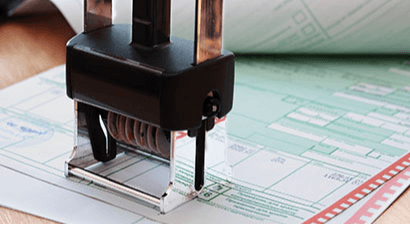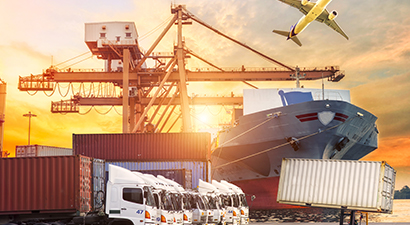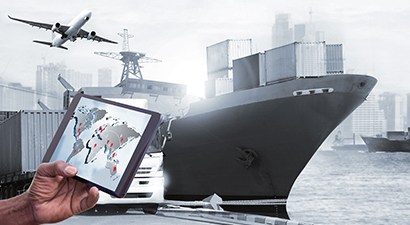Liability of a Master Vessel
Subsection 44(5) of the Customs & Excise Act 91 of 1964 (the Act) prescribes when the master, pilot or other carrier’s liability for duty in terms of subsection 44(4) shall cease.
Paragraph (e) was inserted into the Act on January 20, 2021. In terms of this paragraph, the liability for duty of the master of the vessel ceases upon delivery of the goods, if containerised, to a licensed remover of goods in bond for transporting goods for purposes of customs examination, to a depot as contemplated in subsection 4(8A) of the Act.
Of interest is that the explanatory memorandum applicable to this amendment reads:
“The reason for the addition of paragraph (e) to subsection 44(5) is intended to … encourage competition and afford the importer or the importer’s agent a choice to use another transporter onto whom the liability for duty will be transferred.”
According to the South African Revenue Service (Sars), Customs could not, at the time of promulgation, implement paragraph (e) at an operational level, because it had to:
- Effect amendments to Customs and Excise rule 00.05;
- Insert new Customs and Excise rule 44.05; and
- Substitute SAD forms 502 and 505 to cater for nomination, by the importer or the importer’s agent, of the licensed remover of goods in bond of their choice.
These changes have now been promulgated, which means that paragraph (e) is fully operational.
Of importance is that paragraph (e) is not a requirement of the Act that must be complied with by shipping lines and/or agents acting on behalf of the master of a vessel. However, should they consider complying with requests to hand over cargo in terms of the provisions of paragraph (e), the following is significant:
- It applies to containerised cargo only which is still under the control of the master of the carrying vessel;
- The goods must be under Customs control – for example, still on the vessel;
- The goods must be stopped and detained for Customs examination in terms of subsection 4(8A) of the Act. For such examinations, the shipping line would normally be in possession of a Customs status response message 2, generated by the Customs entry processing system;
- The licensed remover of goods in bond referred to must be a road transporter licensed in terms of section 64D of the Act;
- The containerised cargo so stopped and detained, may only be delivered to a container depot, licensed in terms of section 64A of the Act, for the purposes of a Customs examination.
Customs @ Wylie - an initiative of the Shipping & Logistics Department at Shepstone & Wylie attorneys - addresses the entire spectrum of technical customs, excise and Vat related issues.
Customs @ Wylie can see any dispute through to litigation, where necessary. As part of a legal firm, any correspondence or documentation it receives from clients, or produces with a view to potential litigation, will be subject to legal privilege and does not have to be disclosed to Sars.
For further information, contact Taryn Hunkin at thunkin@wylie.co.za





